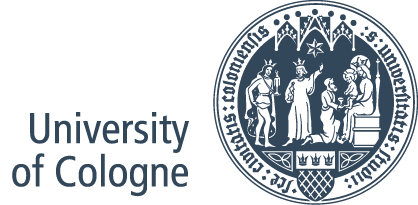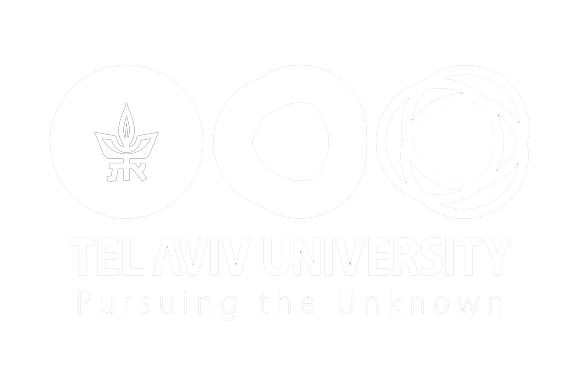en
Persons
Ann-Christin Posten
Publications (selection)
In Press
Amit, E., Han, E. Posten, A.-C., & Sloman, S. (in press).
"How people judge institutional corruption.” Connecticut Law Review.2019
Kannegießer, A., Orth, C., Posten, A.-C., & Hoese, M. 2019.
"Neue Föderative Gutachtenstandards - Die Quadratur des Kreises? [New federal standards for expert witness reports - squaring the circle?].” Praxis der Rechtspsychologie, 29, 147-151.Posten, A.-C. & Mussweiler, T. 2019.
"Egocentric Foundations of Trust." Journal of Experimental Social Psychology, 84.Posten, A.-C., & Mussweiler, T. 2019.
"How do you decide whether to trust a stranger?” Character & Context.Posten, A-.C., Bliesener, T., Dahle, K.-P., & Orth, C. 2019.
"Zur Expertise forensischer Sachverständiger - Ein Positionspapier [On the expertise of forensic expert witnesses - A position paper].” Psychologische Rundschau, 70, 259-260.2018
Posten, A.-C. & Steinmetz, J. 2018.
"Temperatur und Zustimmung - ein bisher unbekannter Zusammenhang: Einblicke für Praxis und Forschung." Praxis der Rechtspsychologie.Steinmetz, J. & Posten, A.-C. 2018.
"White Lies and Black Lies: What They Have in Common and How They Differ." In-Mind Magazine, 5(37).2017
Amit, E., Koralnik, J., Posten, A.-C., Muethel, M., & Lessig, L. 2017.
"Institutional corruption revisited: Exploring open questions within the institutional corruption literature.” Southern California Interdisciplinary Law Journal, 26, 447–595.Posten, A.-C. & Mussweiler, T. 2017.
"That Certain Something! Focusing on Similarities Reduces Judgmental Uncertainty." Cognition, 165, 121-125.Steinmetz, J., & Posten, A.-C. 2017.
"Physical temperature affects response behavior.” Journal of Experimental Social Psychology, 70, 294–300.2015
Miller, J., Amit, E. & Posten, A.-C. 2015.
"Behavioral Economics.” In: H. Ten Have (Ed.), Encyclopedia of Global Bioethics. Cham, Switzerland: Springer.2014



